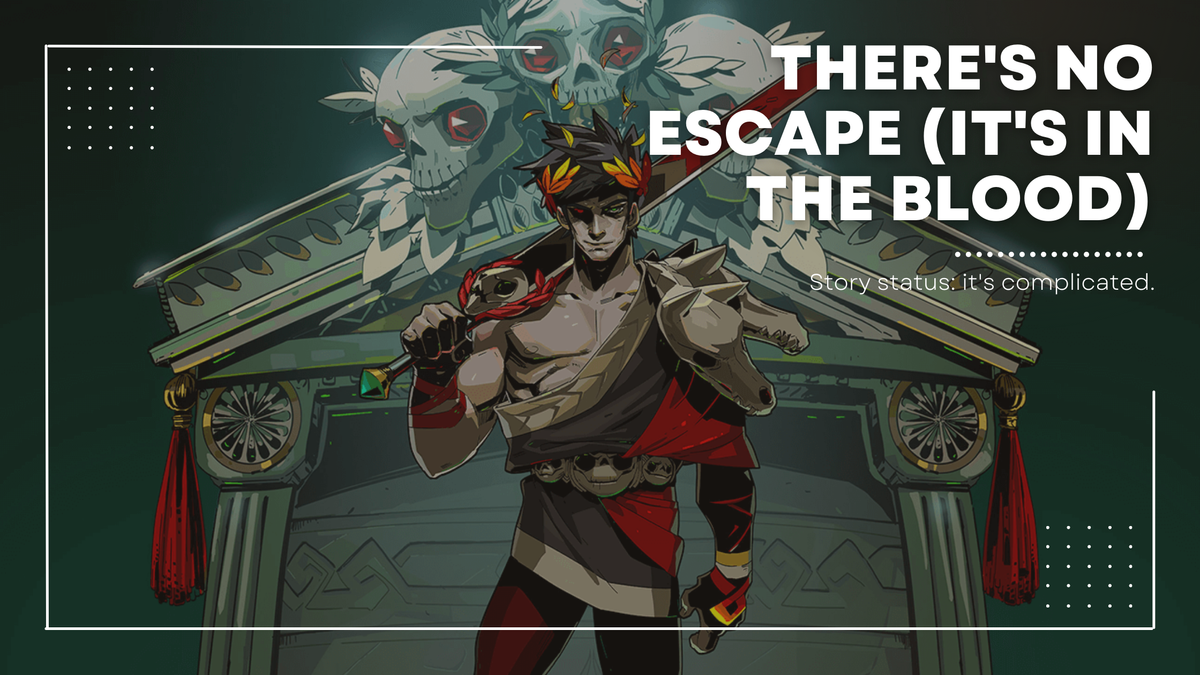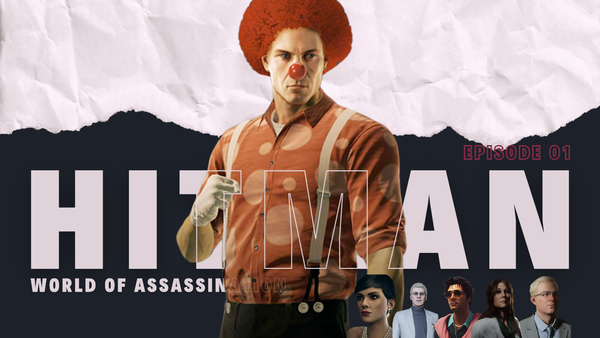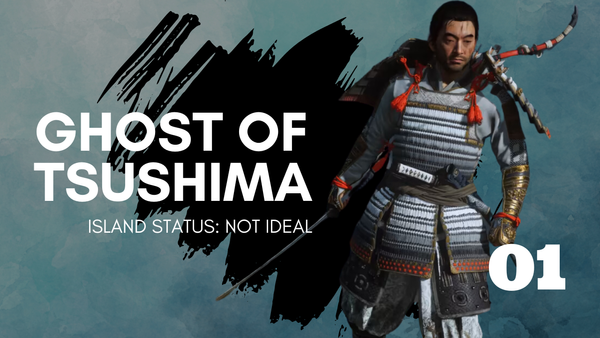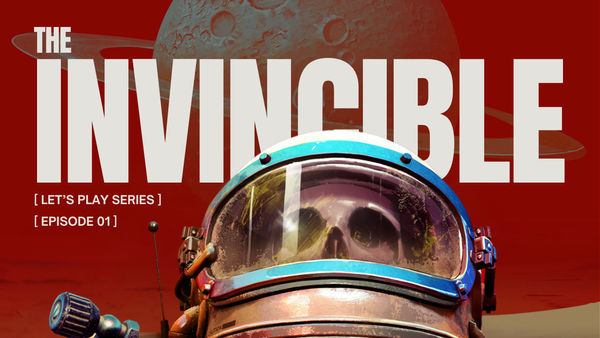There's No Escape (It's In The Blood) | An Essay About Hades

The world very likely does not need another essay about Hades — its perfect gameplay loop, its well-judged narrative pacing and the tools it hands you to make your own luck in this shifting maze of chambers and stories — and yet here I am writing another one, because. Well. In short, because I got my heart torn out, and because if you, person who’s reading this (by the way, check your posture), have not yet played Hades but want to and you might give one single, solitary fig what I think, here’s your sign.
Play Hades, I beg of you.
Let me tell you now for why. (Please note that this post contains some minor, general story spoilers for Hades.)
Another chest, please!
Roguelikes had been completely inaccessible to me before I picked up Hades. The thought of losing progress, losing valuable items, losing any kind of ground put me off the genre — I’m a hoarder, I’ll just put that right out there. I avoid spending in-game currency or using items for crafting; or I used to. Unless I was absolutely sure I wanted and would use something, I wouldn’t touch my stores. Open-world games, of course, were the perfect ground for this: so many opportunities to collect resources, so little incentive to go and seek out a blacksmith unless my gear couldn’t keep pace with me. But what’s more, I am impatient. As much as I love stealth, when it’s cloudy with a chance of hitty-hitty, I charge in for some good old thrashing, clashing, button-mashing. This is fine in Assassin’s Creed games, and fine in most shooters that provide some cover, but goes severely punished in Soulsborne or Metroidvania titles. So then, a roguelike that strips you of (most of) what you have on you when you die and me, a player who dies a lot? HA. Hahahaha, yeah, no thank you, I’ll be over here with my 166 preserves jars in Stardew Valley.
In my defence, I have since learnt how to play action games more patiently and how to take advantage of more complex combat systems! And I did play Hades when it was first released for the Switch, wanting to give it a go despite my fears. What happened, you ask?
I died. I died so much. And I put it down, for years. (I will say that, even as I’ve now progressed to the point of managing consecutive successful escape attempts, I still suck at playing it on the Switch, both handheld and docked — the joy cons do not work for my hands with a game this button-mash-intensive, and after just twenty minutes of play my wrists remind me of my age. It took the game coming to PC for me to pick it up again and give it another go: this honestly is a matter of physical accessibility, for me. It clicks much better playing it with a gamepad and on a big screen at desk distance rather than on a handheld device or the TV.)
Dipping my toes into the genre
But, wait. It didn’t just take Hades coming to PC for me to give it another go. It took playing Deathloop. When it was announced that Arkane was making a roguelite game, those old fears resurfaced: what if I get stuck, can’t progress, and never see the end of the game? I love Arkane Studios’ games, and it would have hurt my soul not to at least try; even if it turned out not to be for me. What Deathloop did so well, then, was to introduce the loop both as a complication and a safety net. Mistakes are really only happy accidents, because it’ll all be back to square one in the morning. The Residuum infusion mechanic means that items can be preserved (but, if you do want the full roguelike experience, you can just not infuse anything and start each Loop with empty pockets), but there’s still a tasty amount of risk involved. I mean, Loop Stress. (And yeah, some Loops had me stressed the fuck out.)
In Deathloop, the gameplay loop is also the narrative loop, so while you unlock new information as you go so long as you follow a lead, you won’t miss anything crucial if you have to start over a few times. On the other side of the Chthonic coin, dying in Hades more often means having more conversations with characters back in the House, which more than soothes the sting of yet another failed attempt. So long as you bring back some nectar and a few gemstones for the construction shades, you can still make progress in other avenues even if you’re no closer to kicking your father, the God of Dad, I mean, the God of the Dead in the armoured shins.
Deathloop is a much more contained narrative experience, of course. You’re poised to see the end credits scroll past within ten hours of first booting it up — unless you’re me and spend 50 hours faffing around and completely ignoring all your leads because you want to collect as much stuff as possible before you even attempt the Golden Loop. See what I mean about hoarding? Deathloop lets you do that, which some may (and do) argue makes it too easy, but I think it’s well-judged for the scope and size of the game. You can play entirely without the safety net, even more so after accessibility mechanics and gameplay adjustments were introduced that can also be used to crank up the difficulty for those who crave the challenge.
Hades is bloody hard, even with Godmode on. It is known. So I definitely needed a bit more time becoming a better player generally before coming back to attempt a dungeon-crawler, such a fast-paced one in particular. I needed a softer experience with a roguelite before dipping my toe into a roguelike with harsher punishment for failure. I’m a firm believer in easy mode and using all the mechanics a game offers to make it more accessible if that means a player has more fun, so I’m perfectly fine with backing off a title if it’s simply not fun for me due to its difficulty curve. I’ll come back to it, though, and while I don’t play games to prove shit to myself or anybody else, it’s rewarding to realise when I’ve wrapped my head around stuff firmly enough to weather another challenge. There, I’m only human.
Get moving, or: great pacing makes game go brrrrrrr
Pacing is something Hades does so, so well. The game contains content to rival AA or even AAA open-world titles just in terms of story, let alone the boons and upgrades and items… (and yes, there are tools to help you keep track of things, thank the gods). Somehow, it never becomes a slog. Well, I say somehow: with a little bit of eye for structure, I can see exactly when and why the game decides to reward me for something I did by revealing backstory or showing me new tools. Unlocking new talents or weapons, or even just construction work orders; it all follows the player’s progress. This acknowledges gains, motivating the player to keep going, ever on the quest for more, more, or simply to try out the new toys. This also lends support when you feel stuck, because you’re not being punished for not progressing in terms of encounters cleared full escape attempts. Once you have, then, spicing things up through additional conditions and incentives means you still earn rewards for making it through again and again and again, giving the game the longevity it needs to keep players coming back for more to ensure that they actually see all the content that’s tucked away.
Harking back to my hoarder tendencies: it took me ages to finally give an NPC the second bottle of nectar, and now that I’ve unlocked more conversation paths and character questlines, I’m just giving ‘em away! You get a juice box, you get a juice box, everyone gets a juice box! Patroclus would get two, if the game let me, because my singular goal now has become to reunite the battle couple. ACHILLES, MOVE YOUR BUTT TO ELYSIUM!
With Hades, I’ve learnt not to mourn the boon combo I lose when I inevitably die — I know I can make my own luck on the next run, and the next, and the next…
Story status: it’s complicated
The biggest selling point by far, of course, is the story. Zagreus’ complicated relationship with… well, everyone he’s ever met is by turns ready to pluck at your heartstrings, make you laugh, or ignite a blinding fury that will carry you through the next round on burning heels. The game’s systems being built on randomisation, no two playthroughs are the same; though there are of course definite steps to resolving questlines that can be identified. It’s just, you never know when next you’ll see your Death Incarnate ex-boyfriend only to be accused of being an ungrateful brat (not a lie) who doesn’t know how to say sorry or thank you (if you’d just let me SPEAK, Than—) and who’s going to bring ruin to the House of Hades in short order (well, so WHAT). In the Greek underworld, everyone’s queer and no-one is sorry (except they are so very, very sorry; sometimes, when you catch them in the right light). Everyone’s also punishingly hot, and it’s frankly unfair to make bisexuals play this game and expect them to get anything done without some sort of health warning.
You needn’t have spent your formative years soaking up Greek myth — though which of us hasn’t had something elgeebeetee happen to them whilst immersed in the adventures of Olympus, I ask you — to enjoy the story and the many characters’ idiosyncrasies and relationships. My formative years are a good quarter century behind me and I’m in the dark about much of it, so even though it’s making me want to read up (not just the original myths but secondary literature, too), I am perfectly content finding things out by the piecemeal method. Piecemeal is certainly all Father gives you, so settle in, folks, hope you’ve all packed your bags for the guilt trip. But don’t worry, you can make it all better by commissioning new rugs and furniture you’ll never once sit on because Zagreus. cannot. sit. still.
Someone make that boy take a nap.
And you, yes, you. Play Hades.




